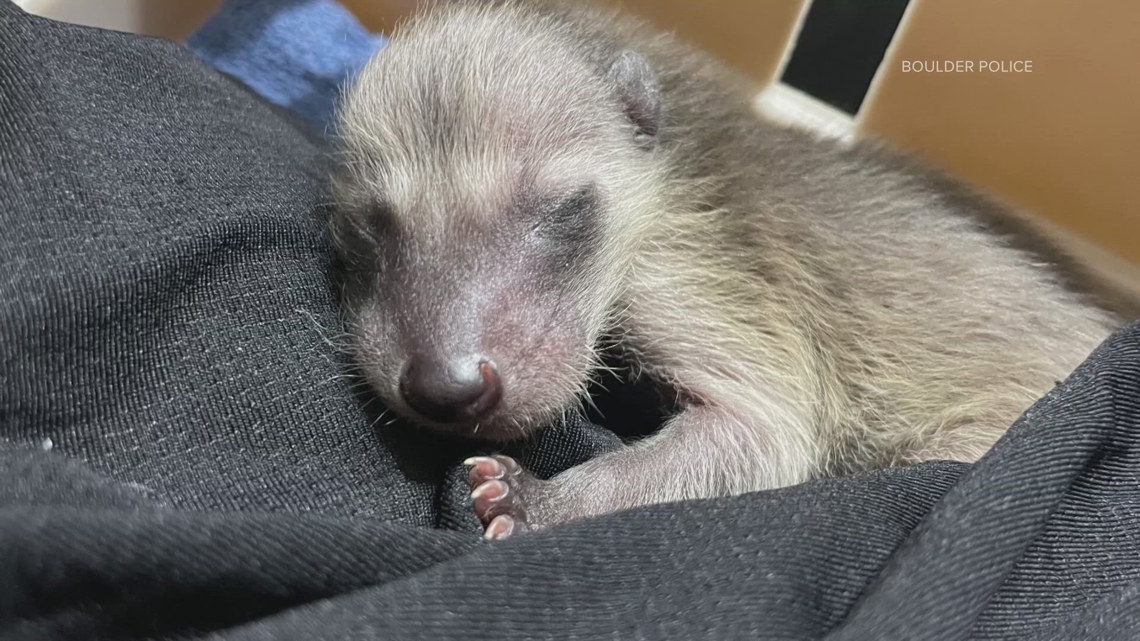Just because the baby animal is alone when you see it doesn’t mean that baby is an orphan. You’re better off calling the experts.
DENVER — With summer almost here, comes an influx of babies — for wildlife that is. That means your chances of seeing baby wildlife are higher than normal.
The most important thing you should know is, that a baby animal alone out in the wild does not necessarily mean that they’re orphaned. Wildlife animal parents are usually never too far away.
Greenwood Wildlife Rehabilitation Center in Longmont serves much of Boulder County and takes in hundreds of orphaned animals each year.
According to wildlife specialists there, the best thing you can do is leave it to the experts. If you see a baby animal out, call a licensed animal rehabilitation center, like Greenwood, or call in Animal Control.
“If you find an animal you think is maybe in need, we always tell folks just stop what you’re doing and give professionals a call because the situation can be so nuanced. And we really have specific training for each type of species that you may encounter. So stop, don’t touch it, don’t move it, don’t feed it and don’t chase it because that could end badly too,” said Mysti Tatro, Community Relations Manager at Greenwood Wildlife.
Observation and patience are vital as well. According to experts, children and pets should be kept away from wildlife as much as possible. Depending on the animal, there could be a chance of disease (like rabies). According to wildlife specialists, that goes for raccoons in particular.
And above all, do not give food or water to baby wildlife. Doing so could lead to complications for the animal or even death.
“You could be feeding it something that’s totally wrong for the type of species that you found, so I would say feeding baby wildlife is something I’m always trying to drive into people, please do not feed the animals. They don’t need you to be feeding them right away and it’s best left in the hands of professionals,” said Tatro.
What if the animal is visibly injured?
If you see an animal that is obviously injured, there are some additional steps that you should take, including using some sort of barrier between you and the animal.
“Wear gloves if you can, sometimes eye protection depending on what kind of animal you’re dealing with. Long sleeves is recommended as well, and then if you want to put it in some sort of warm carrier or a medium-sized box with a pillowcase in the bottom and keep it in a warm, dark and quiet place away from your pets and children. That’s a good measure to take if there’s no one available to answer your call,” said Tatro.
Greenwood Wildlife also has the following tips when handling injured animals:
- Resist the urge to feed or give fluids, formula, etc to the animal
- Keep the animal in a dark environment to reduce stimulation
- Keep the animal warm
- Keep the environment they’re in as quiet as possible to reduce stress
For more detailed information on handling wildlife and how to contact Greenwood Wildlife, you can visit their website.


SUGGESTED VIDEOS: Animals and Wildlife













